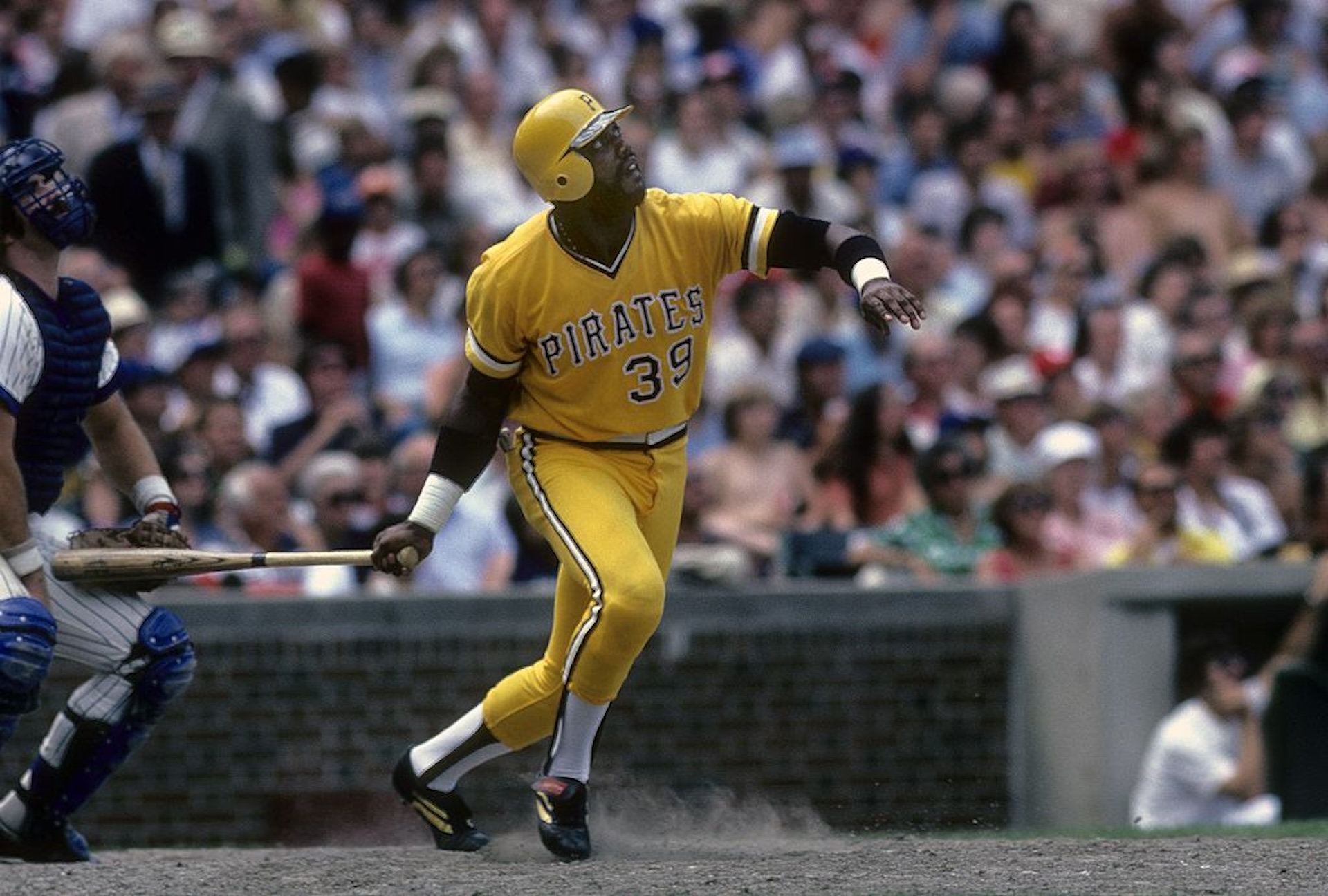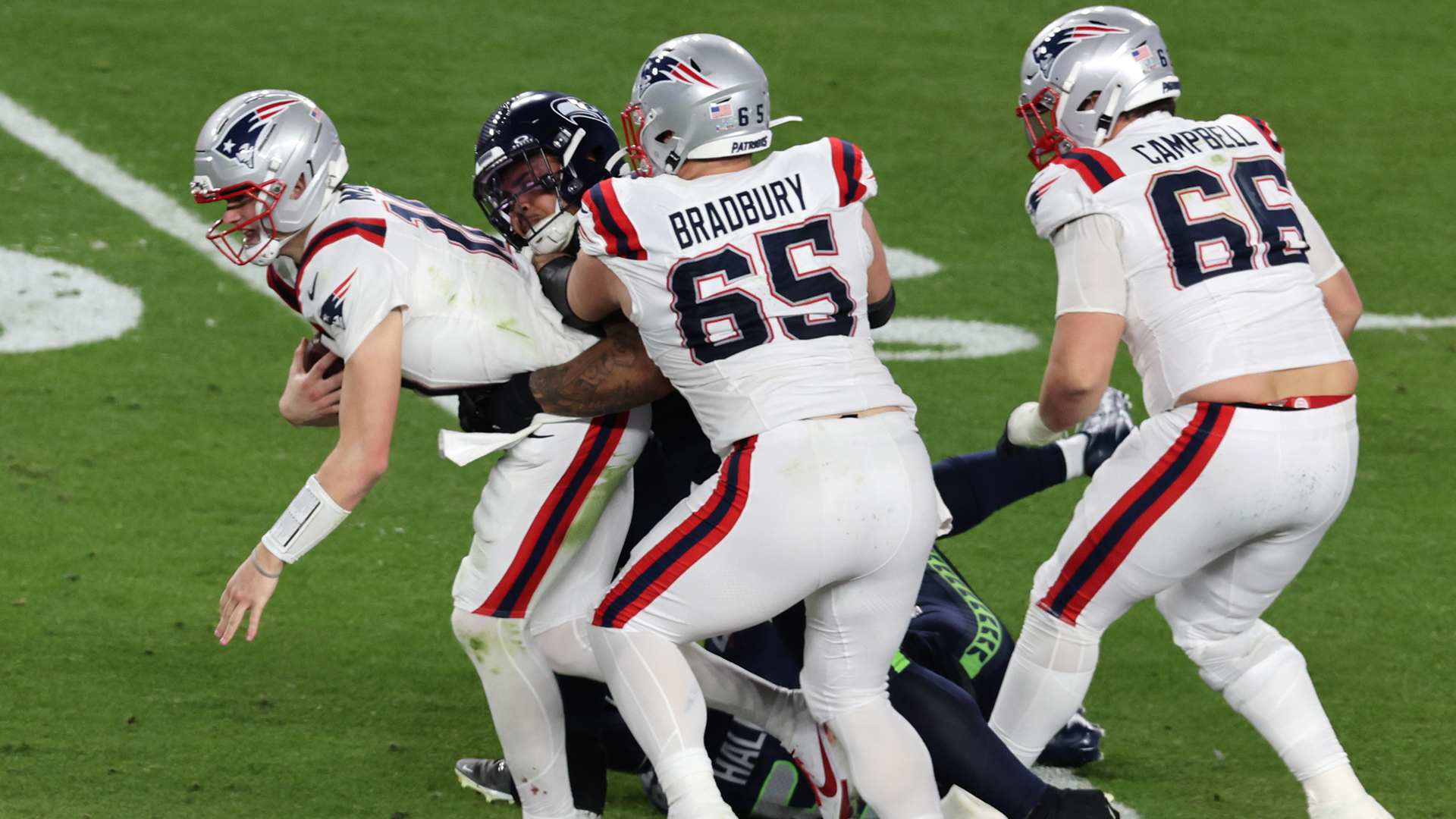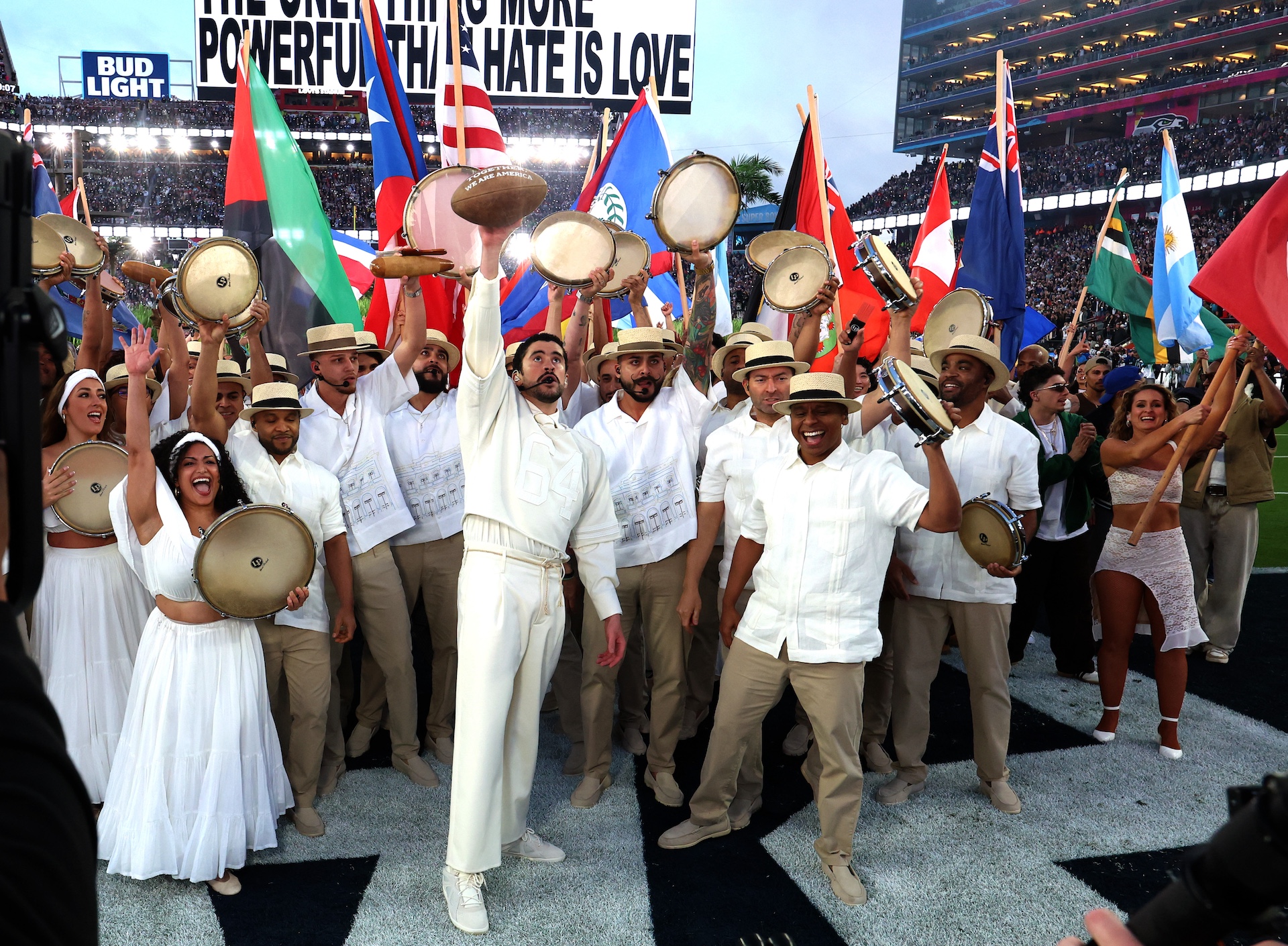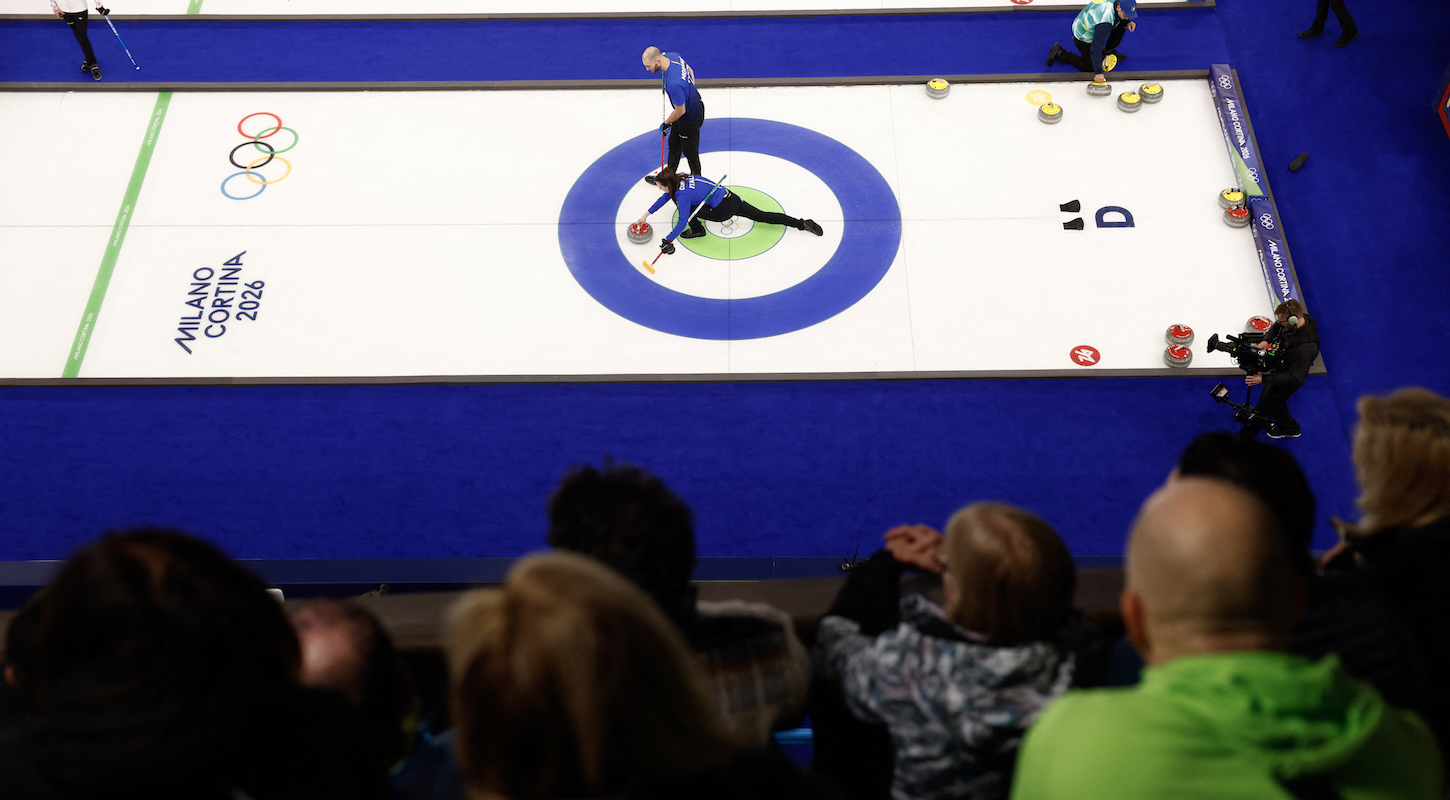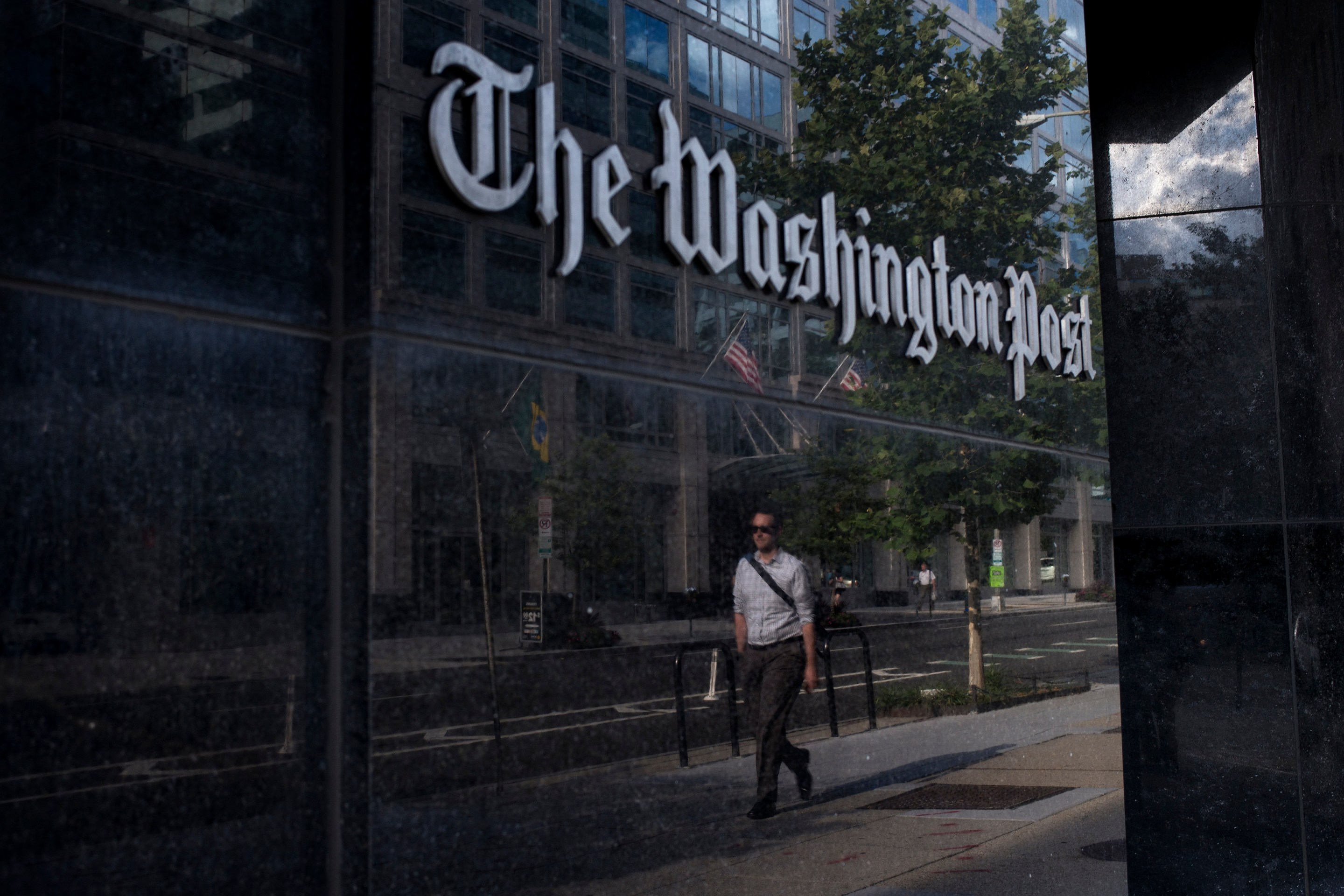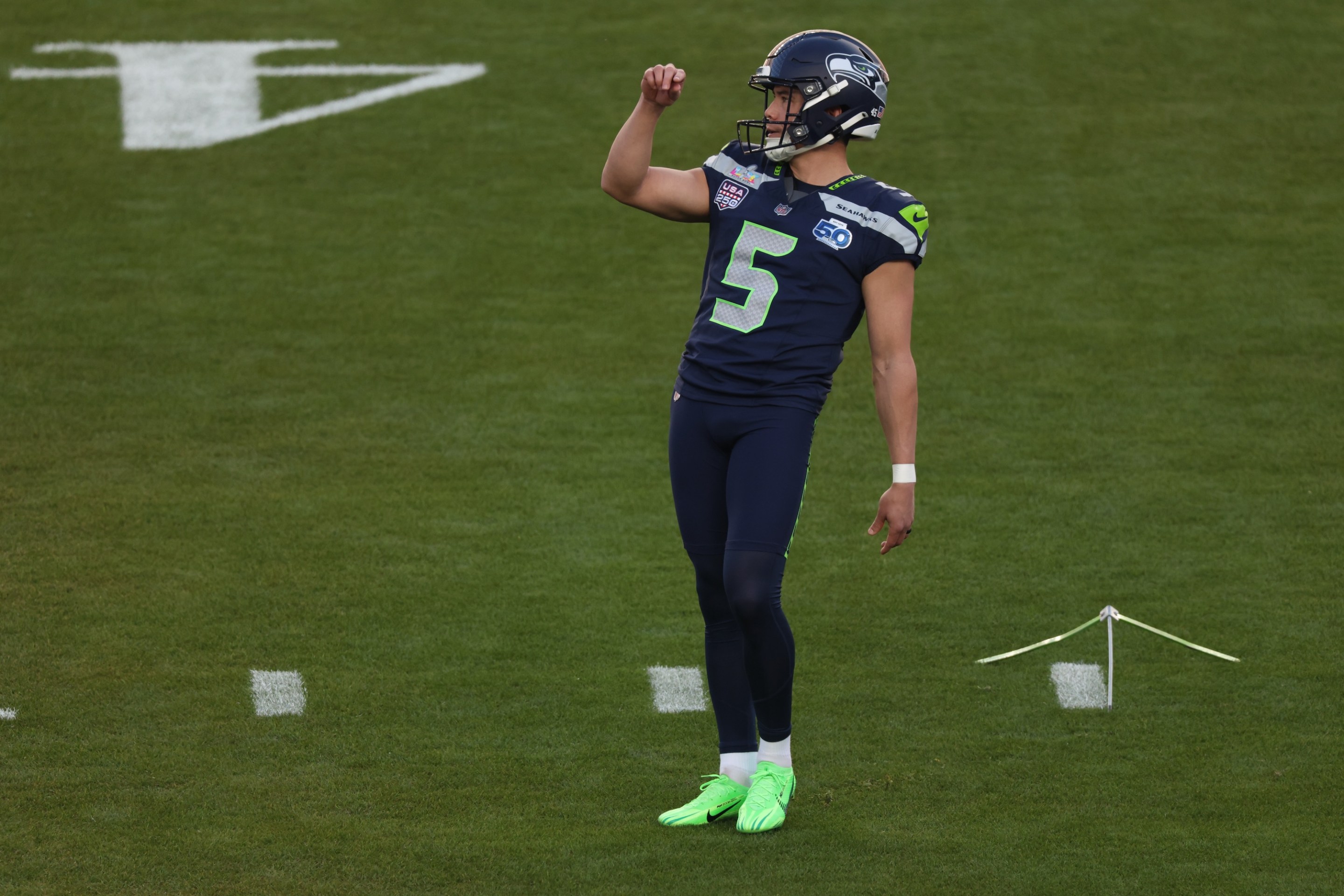This article was originally published on Flaming Hydra on July 2. If you like it, we encourage you to visit their site and subscribe.
Six-foot-five, 245 pounds, a slugger from the age of behemoths and big-swingers, the real-deal furniture movers and bouncer-shaped designated hitters, the plodding old oafs running out of breath on stand-up doubles. But Dave Parker could move, was the thing; he could hit it all over, he could be pesky and patient and he could demolish you too, and all of this together was the great bounty that he gave to baseball. When he died last month he was 74 years old.
He wore white tape around his fingers, white tape on his cleats, a two-carat diamond earring in the World Series, straw fedoras and gold necklaces. His left knee was wrecked from a high school football injury, and then those thousands and thousands of heavy steps pounding around on astroturf of Three Rivers Stadium. “Just give me a shot and drain the motherfucker,” he told a Pirates trainer once about his knee. Pirates manager Chuck Tanner remembered him once stretching a single into a double, “and he comes back to the bench and the thumb is broken, and dangling so bad it almost made me sick to my stomach.''
He once broke his jaw and cheekbone colliding with Mets catcher John Stearns after a head-first launch for home plate and sat out just two and a half weeks. When he came back he batted with a goalie mask that covered his entire face at first, but he couldn’t see quite right out of it, and soon he was batting with his busted cheek and eye socket naked to the world again, except when he reached base, and then he’d swap his helmet for this Mad Max gladiator contraption, a baseball helmet with a football mask screwed into the earholes that the Steelers equipment manager had built with him. When Dave was with the Cincinnati Reds in 1985, 34 years old, he tore through six pairs of uniform pants by July, leaping and sliding everywhere, this rumbling, galloping deluxe cheeseburger of a man who seemed to see every sequence in a ballgame as a set piece in a summer blockbuster—the mix of thrills and drama and spectacle. He hurt his shoulder diving for a catch that same season and said afterward, “Unless there's a bone sticking out, I'll be in the lineup tomorrow.''
And you would have to mention the cigarette in the dugout at spring training, with the bloodshot eyes staring out of frame, looking like an executioner on his lunch break. And there is the T-shirt he had custom made at a Pittsburgh record store, and the photo of him posed in it next to his Pirates jersey. IF YOU HEAR ANY NOISE, IT’S JUST ME AND THE BOYS BOPPIN, so hallowed an image of Dudes Rocking you can find $38 knock-offs in the scummy catacombs of Fanatics dot com now almost 50 years later. The idea for the shirt came to Parker during an early season slump in 1976, late-night cruising through Pittsburgh to the club in teammate Larry Demery’s Lincoln Continental with the turquoise interior, George Clinton playing on the stereo. “I thought that if my teammates saw me strut into the clubhouse, cool and confident, wearing a badass message that there would be nothing to worry about,” he said.
So many baseball players now are factory-sealed and market-tested: super soldier fitness experiments, lean and beautiful and Aesthetically Mormon. They have mathematically perfected swings and speak in a strangely casual vocabulary of physics terms. They are very close with God—not in some exciting rapturous relationship, but like, what if God was your accountant? What if God was your travel agent? But Parker was so cool; he was a little weird and a little bit of an asshole. “When the leaves turn brown, I’ll be wearing the batting crown,” he would say. He batted .345 in the 1979 World Series.
On one road trip to Baltimore, he opened his hotel door at one in the morning and pitcher Dock Ellis was standing there with half the members of WAR, and then off Dave went with them into the night. When he was assigned as a 19-year-old to Pittsburgh’s Double-A affiliate in Waterbury, Conn., he drove from Spring Training in Florida all the way up I-95 in his gold Pontiac Grand Prix, him and his girlfriend on the road the whole way, racing with Corvettes and Mustangs whenever he got the chance, “just getting that machine to 100 mph,” he said years later.
"The highlight of the game to me,” he once said about baseball, "is scoring from first on a double in such a way that people look at me in amazement, as if they're saying, 'My, how fast that big man can move.'”
In the 1979 All-Star Game he let loose a pair of throws from the outfield so perfect and ridiculous, they voted him MVP of the game for them. The second throw, in the bottom of the eighth inning, rode the whole way never much higher than the top of the dugout, 300 feet in the air just about, skipping cutoff men like an express train blowing past a platform and right into Gary Carter’s glove, Brian Downing out at home to keep the score tied.
By the second-half of the 1970s, there was maybe no one in baseball as good as Dave Parker. After the 1976 season he signed a contract that paid him $175,000, with a $25,000 increase in each of the next two seasons. But in 1977 he won the batting title and the gold glove, and then in 1978 he was not only awesome but was stretching the myth to new proportions and volumes. This was the year of the broken face.
There is a radio broadcast of a mid-September game from this season, Pirates visiting the Cubs. The Cubs had been down 11-2 but tied it at 11 in the bottom of the ninth. It was 90 degrees in Chicago on a Tuesday afternoon turning to night, Bruce Sutter was on the mound, and here comes Dave Parker.
“Bruce in the windup … jams him with that one and … it’s hit hiiiigh and deep. Look out. Pittsburgh takes the lead. Tried to jam him. Got it juuust little bit too far away and he PARKS one deep into the bleachers in right field. It is now twelve … to eleven … Pittsburgh.” The announcer goes quiet and you can hear the Chicago crowd coming through his microphone, the sparse, nauseated chatter and those all-that-for-nothing? groans, like when an airport announces to the gate that the flight has been cancelled; that was Dave Parker, a whole sky full of bad weather wrecking your plans, 4-for-6 on this afternoon with two homers, and somewhere way down there he is making his way around the diamond one more time, no need for the football mask now because this stop at bases was so brief and easy.
The Pirates finish the season 14-4; Parker hits .478 with a .940 slugging percentage over those 18. He wins National League Player of the Month in both August and September and is one of only 10 players in MLB history to win the award in consecutive months. He wins the batting title, the MVP, the Gold Glove; a year later the Pirates win the World Series. The Pirates finally give him a new contract, $1 million a year, although that’s not exactly correct; no franchise wants to set such a precedent, this tasty round number fit for headlines and other players who may come asking for such a thing. So the Pirates stretch the money out, they defer Dave’s money for years, decades in fact, way out after Pirates fans had thrown batteries at him and driven him out of town, got bored of him and tried to humiliate him, because when you are a rich athlete, money is no longer just the cost of your services, it is a permission to terrorize you without shame or remorse the moment you are not 27 anymore, and by the '80s big Dave’s knees had taken him such a long way.
But before the Pirates had finished paying him for the mileage there was a grand jury, and Dave and some other players testified about all the cocaine they’d been doing. It was big news but for the Pirates it was also a business opportunity, a way out of the deal. And so in 1986 they put together an inch-thick document of interviews with Dave’s former girlfriends, opposing players, police, and they told a story that he was moody and unstable, doing drugs on their dime, a guy who crashed as soon as he reached the top, a “troubled shell of his former self, a mediocre, out-of-shape athlete and paranoid.”
Said Pirates president Malcolm Prine at the time, ''We feel our rights have not been properly provided for.”
Properly provided for. You can give them your broken bones, the MVP, the homers, the parades, the magic you spun from a cup of rum to fix a season, you can do it all for $200-fucking-grand and it doesn’t matter. They will, as soon as the myth has shriveled, decide that you did not quite work hard enough, and they will lean on you until you take a settlement, pennies on the dollar, millions cracked right out of your eye socket and back into the grimy pockets of a half-dozen lawyers. And when the newspapers ask them if the settlement was for less than what they owed you, they will say, “That's for sure." There was a reconciliation some years later: Dave and the guys from the ’79 team hobbled around the Pirates’ big new stadium with the fresh real grass on the 40th anniversary of their World Series. The Pirates finished in last place that year, and the year after, and the year after that too. That’s just fine, it seems; the guy who owns the team now is just as thirsty for a deal, and there are millions to be made in running a loser. There is a farewell I like thinking about instead, though. It’s Dave in 1990, an All-Star for the last time with the Milwaukee Brewers with some of that old noise: “I hate the fact that they tried to say they didn’t get their money’s worth out of me when I was considered the best player in baseball for six of the 10 years I was there. So I have nothing but malice and hate for the organization in Pittsburgh.”
